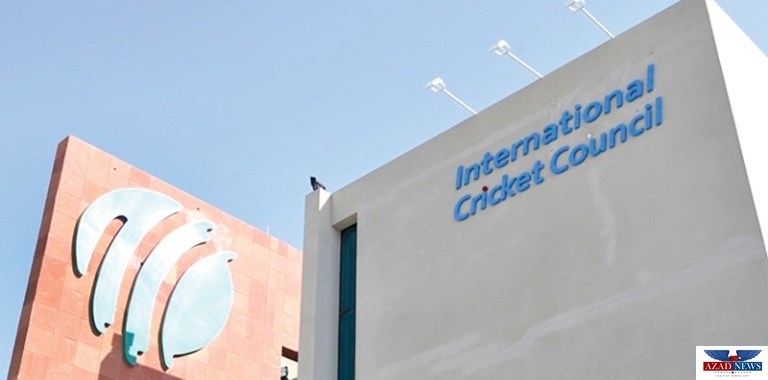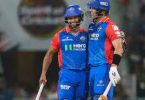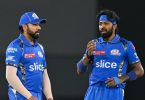Al Jazeera has blasted the International Cricket Council and some national boards quick to give a clean chit to their players for a bias towards “Anglo-Saxon” countries and have also alleged that BBC didn’t publish the details of an investigation on alleged match-fixer Aneel Munawar by its correspondents of the show Panorama.
Al Jazeera maintains they are in discussions with Interpol and while they are open to giving the details of the cricket-corruption sting to ICC, they are increasingly concerned about “ICC’s ability and resolve to police” the game.
They have dashed out a series of questions to the ICC questioning their intent and actions. Two questions in particular give us the flavour – When did the ICC first became aware of Munawar and his activities and what action was taken? How many players, international and others, has the ICC found guilty of match-fixing or spot-fixing in the last five years?
“We are particularly struck by what appears to be a refusal in some quarters even to accept the possibility that players from Anglo-Saxon countries could have engaged in the activities exposed in our programmes,” says a statement issued by Al Jazeera.
Even as they question the apathy showed by many media outlets, Al Jazeera targeted the BBC in particular alleging to have scuttled a similar investigation on Munawar by its investigative show Panorama.
“Given the manner in which certain individuals within the media have responded to our documentary, we feel that it should be made known that the BBC’s Panorama team investigated Munawar for several years prior to 2015, although their findings were never broadcast,” the statement read. “We understand the Australian Federal Police’s Organised Crime Division was informed about the investigation and interviewed several journalists working on the story about evidence that had emerged concerning the Australian team.
“These took place in London and Mumbai and our information is that, although the journalists in question provided signed statements, they were instructed to keep their meetings with the Australian Police confidential. We believe that the events merit further probe.”






